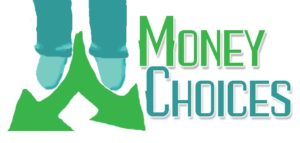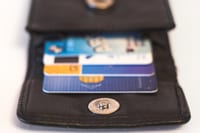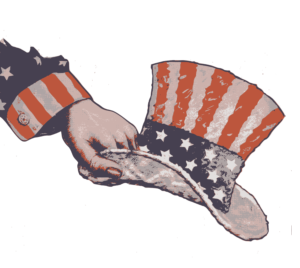 Whether you are just starting out or nearing retirement, there are things you can do now to make retirement easier for you. You don’t want to retire and not have the money to do what you want. Here are some things you should think about:
Whether you are just starting out or nearing retirement, there are things you can do now to make retirement easier for you. You don’t want to retire and not have the money to do what you want. Here are some things you should think about:
- Do you have enough in your emergency fund? This past year many people were laid off, furloughed and/or unemployed. An emergency fund helped many get by. These funds will help you with an unexpected need for funds i.e. fridge dies and needs to be replaced, your car breaks down and you need to rent a replacement car, etc. Life happens whether or not you have the funds. Create or increase your emergency fund to cover 6 to 12 months of your expenses.
- Have you maxed out your retirement contributions? You may want to fund your retirement accounts both through your employer (401K, 403B, 457, etc.) and your personal (IRA and Roth) accounts. You can never have too much money for retirement.
- Is your budget balanced? One of the biggest mistakes you can make is to have more expenses than income. If this is the case, you will be accumulating debt and therefore not savings money. Eventually, this could snowball and you will be a slave to your debt. Make changes now to live within your means.
- Is your debt paid off in full? Just like living within your means, having your debt paid off in full is important. When you retire, you will be living on less income. Having debt paid off will help you living within your means. Make a plan to have your debt paid off.
According to AARP, more than half of the full-time workers age 50 years and above will lose their job involuntarily. Keep track of your finances, live below your means and be prepared for whatever comes your way.



 Are you tired of hearing about low mortgage interest rates? You’re not alone. Many of us have been thinking about it for a while now.
Are you tired of hearing about low mortgage interest rates? You’re not alone. Many of us have been thinking about it for a while now. , we’ve had some warm days and some bitter cold days. But spring is coming!
, we’ve had some warm days and some bitter cold days. But spring is coming!

